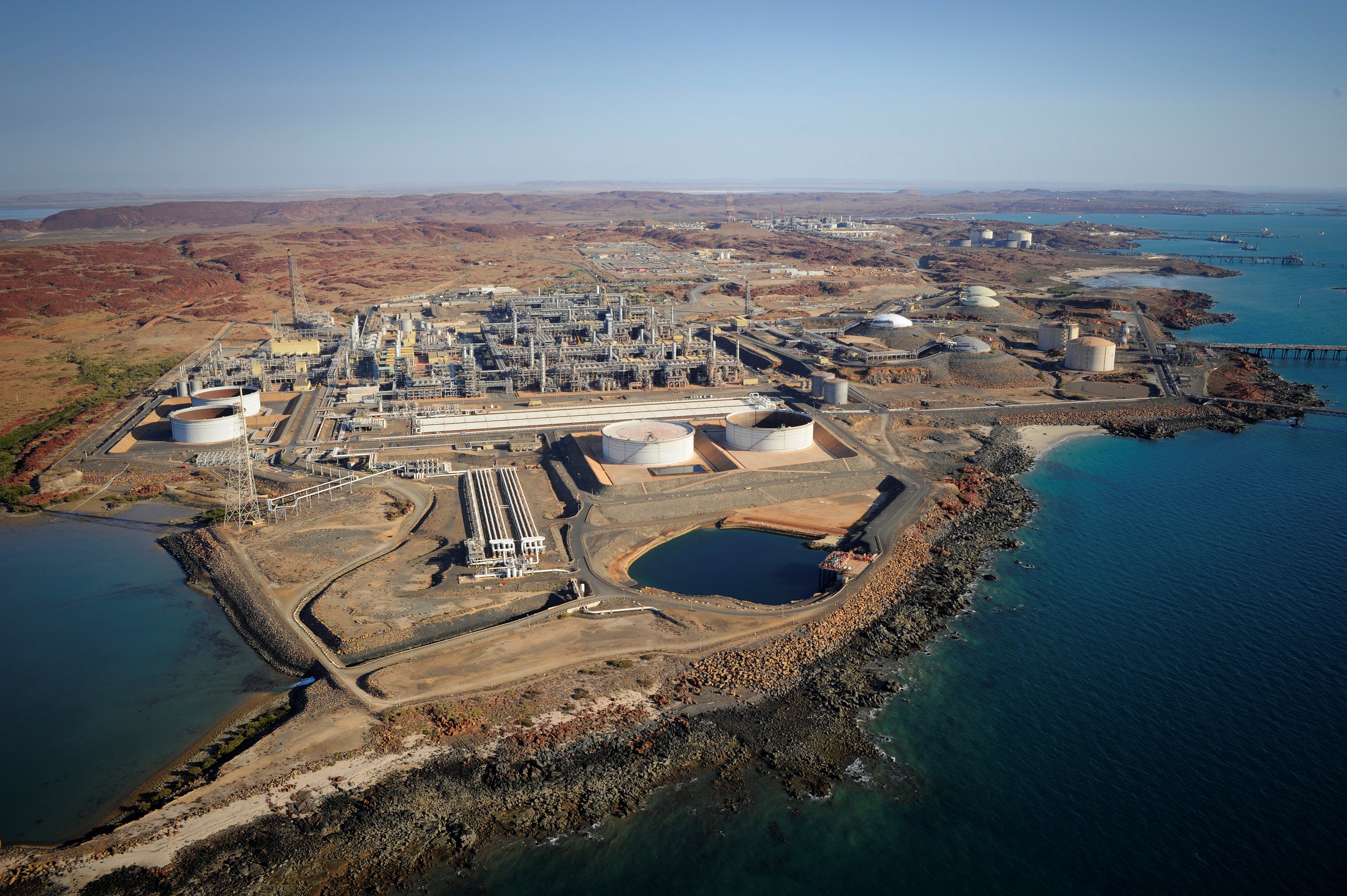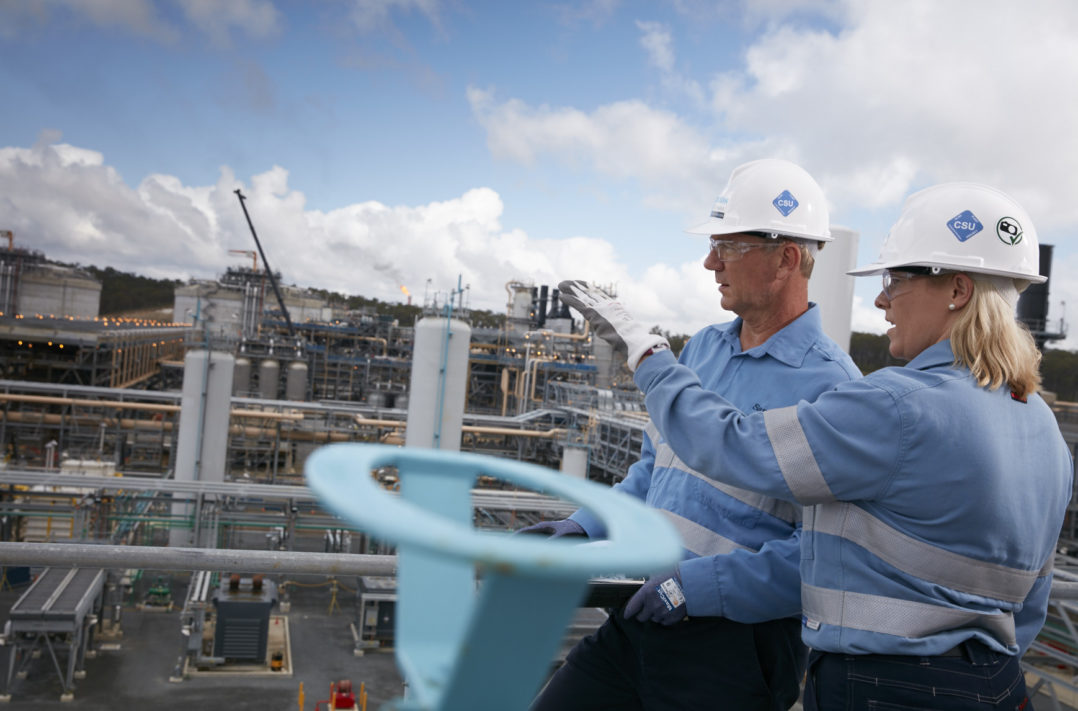The Resources and Energy Quarterly June 2020 release has confirmed the critical role resources and energy exports play in supporting the Australian economy but points to challenges ahead.
According to the Department of Industry, Science, Energy and Resources, the value of Australia’s resources and energy exports set a record $293 billion in 2019-20, up from $281 billion in 2018-19. The resources sector, including oil and gas, accounted for more than a quarter (28 per cent) of Australia’s GDP growth in 2019.
Second largest export
Liquefied natural gas (LNG) exports have more than doubled over the last few years and are contributing significantly to this growth. LNG is Australia’s second largest export after iron ore, with export value estimated at $47.4 billion in 2019-20. However, this is forecast to decline to $35 billion in 2020-21 due to lower prices.

APPEA Chief Executive Andrew McConville said the data highlighted the significance of LNG exports for sustaining Australia’s economic growth, maintaining living standards and lowering global carbon emissions.
“Australia’s LNG projects will deliver decades of economic growth, jobs and exports. The billions of dollars invested in these projects have also benefitted the growing domestic market,” Mr McConville said
“There is a great opportunity for Australia but, in a competitive global market, we cannot become complacent.”
The report identified significant challenges for the industry due to the COVID-19 pandemic and global competition.
“The LNG industry is facing the triple whammy of lower oil price, demand destruction due to COVID-19 pandemic as well as global competition in the LNG market,” Mr McConville said.
As a recent Wood Mackenzie report highlighted, the industry’s success from 2009 to 2012 was based on a relatively stable regulatory and fiscal regime over the previous decade, which provided a strong foundation for a wave of unprecedented investment.
The report found that recent regulatory instability, intervention and uncertainty, coupled with Australia being considered to be a high-cost destination for business, has reduced the investment appetite.
“For decades, our industry has contributed to our national economic growth, but there have been no new LNG projects approved since 2012 and we risk losing future investment,” Mr McConville said.
“We must act now to restore and maintain investor confidence, or lose the opportunities our abundant natural resources afford the nation.”




